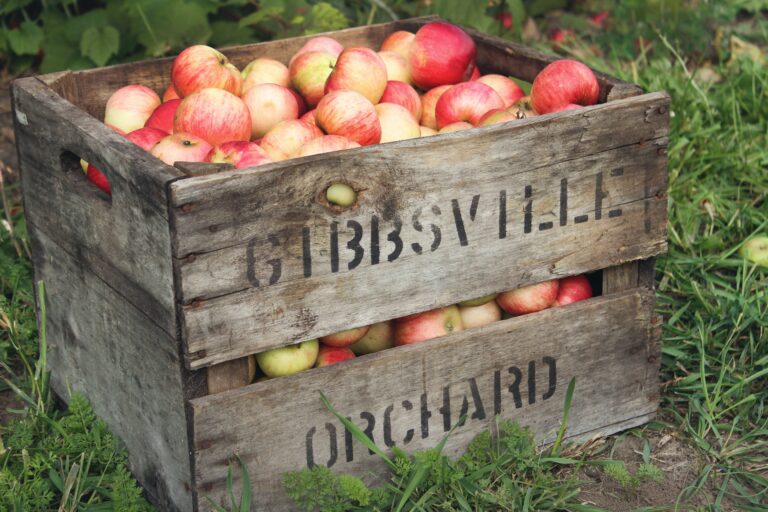Autumn isn’t just about sipping apple cider, jumping into piles of leaves, or cozying up in oversized sweaters. It’s also a prime time to assess your finances and sow the seeds for a prosperous year ahead. As the year winds down, it’s essential to harvest the lessons you’ve learned from the past months and pave a path for an even brighter financial future. Here’s your guide to ‘harvesting’ your savings as the year comes to a close.
1. Reflect on Past Months
Just like farmers assess their crops, take a moment to look back at your financial decisions. What went well? Where did you overspend? The answers will help you devise a better budget for the upcoming year.
2. Tax Planning Time
With the end of the year approaching, it’s time to think about those pesky taxes. By planning now, you might find deductions or tax credits you can still take advantage of before the new year begins.
3. Max Out Your Retirement Contributions
If you haven’t already hit your contribution limits for your retirement accounts, consider doing so. Not only will this boost your retirement savings, but it could also provide tax benefits.
4. Review Your Investment Portfolio
The market fluctuates throughout the year. Autumn is a great time to review and rebalance your portfolio to ensure it aligns with your financial goals.
5. Eliminate Zombie Expenses
Those unused gym memberships or subscription boxes that no longer excite you? Terminate them before they haunt another year of your budget.
6. Set Clear Goals for the Next Year
Having clear financial goals will make it easier to stay on track. Whether it’s saving for a vacation, paying off a certain amount of debt, or investing in a new venture, having these goals in mind can guide your spending habits.
7. Build (or Boost) Your Emergency Fund
Unexpected expenses can crop up at any time. If you’ve been fortunate enough to avoid any financial surprises this year, consider putting a little extra into your emergency fund.
8. Holiday Budgeting
With the festive season around the corner, it’s easy to get carried away with gifts, parties, and decorations. Set a clear budget now to avoid January regret.
9. Utilize Unused Benefits
If you have benefits like health savings accounts or flexible spending accounts through your job, check to see if you have any unused funds. Some of these accounts have a “use it or lose it” policy.
10. Plan for Big Expenses in the Coming Year
If you know you’ll have significant expenses in the upcoming year, such as buying a house or sending a kid to college, start planning and saving for them now.
11. Educate Yourself
Take advantage of the colder months to cozy up with a financial book or take an online course. The more you know about personal finance, the better equipped you’ll be to make informed decisions.
12. Consult a Financial Advisor
If you’re unsure about any financial moves or just want a second opinion, fall might be a good time to check in with a financial advisor. They can provide insights tailored to your situation.
Remember, just as nature prepares for the winter, so should you for the financial year ahead. With a bit of effort and planning now, you can ensure that the seeds you plant will grow into a lush garden of financial wellbeing by the time the next harvest season rolls around. Happy saving!





 GOOGL
GOOGL  META
META
Leave a Comment